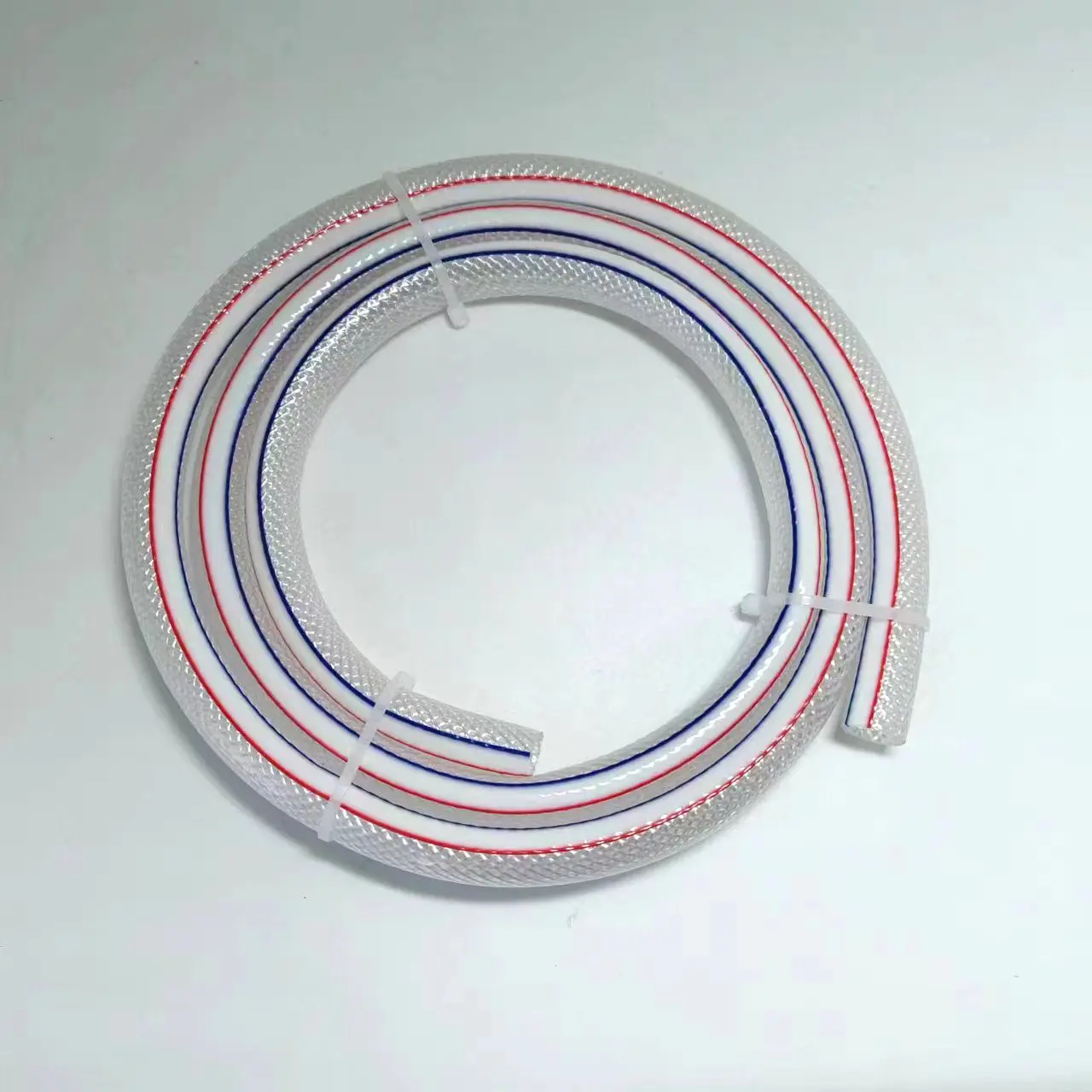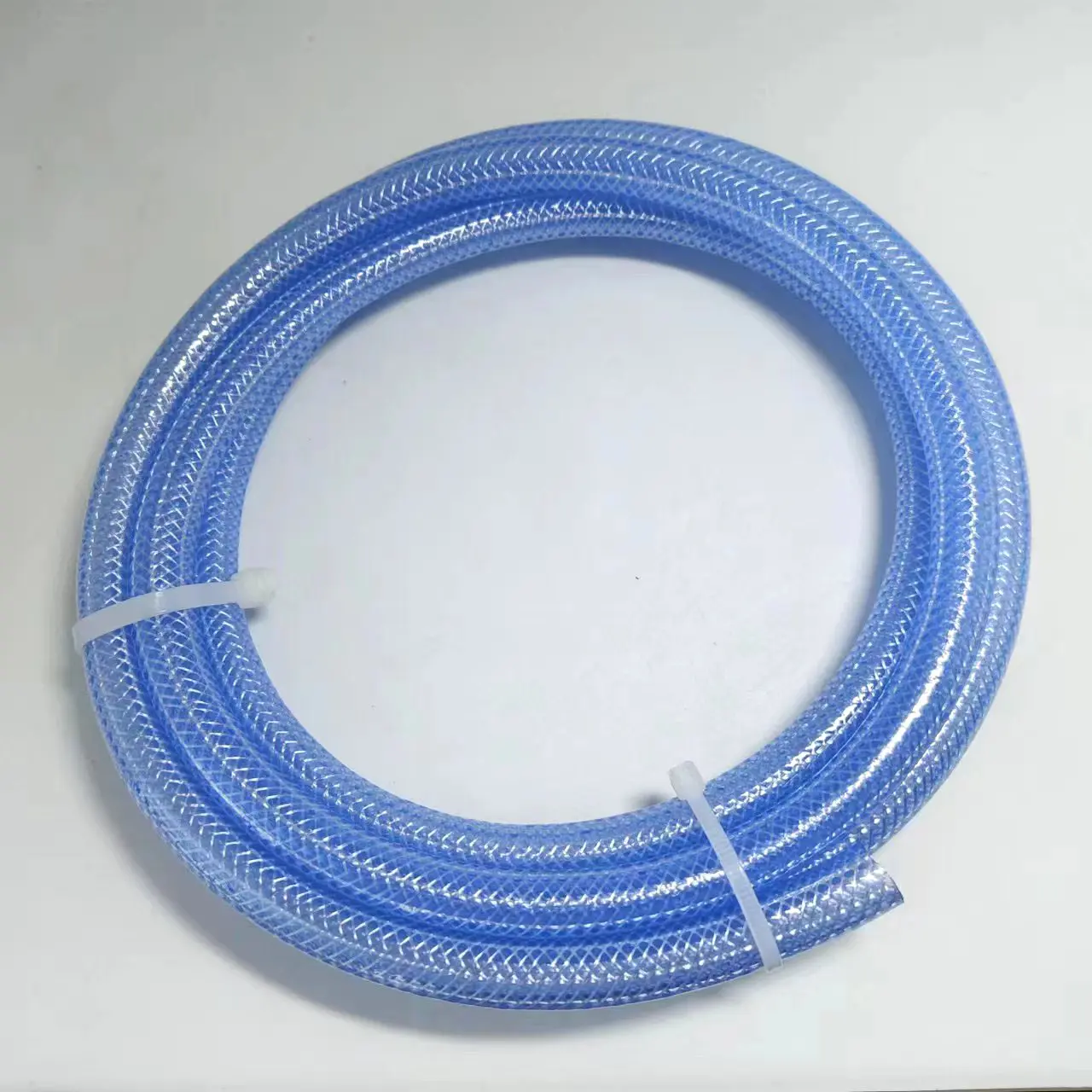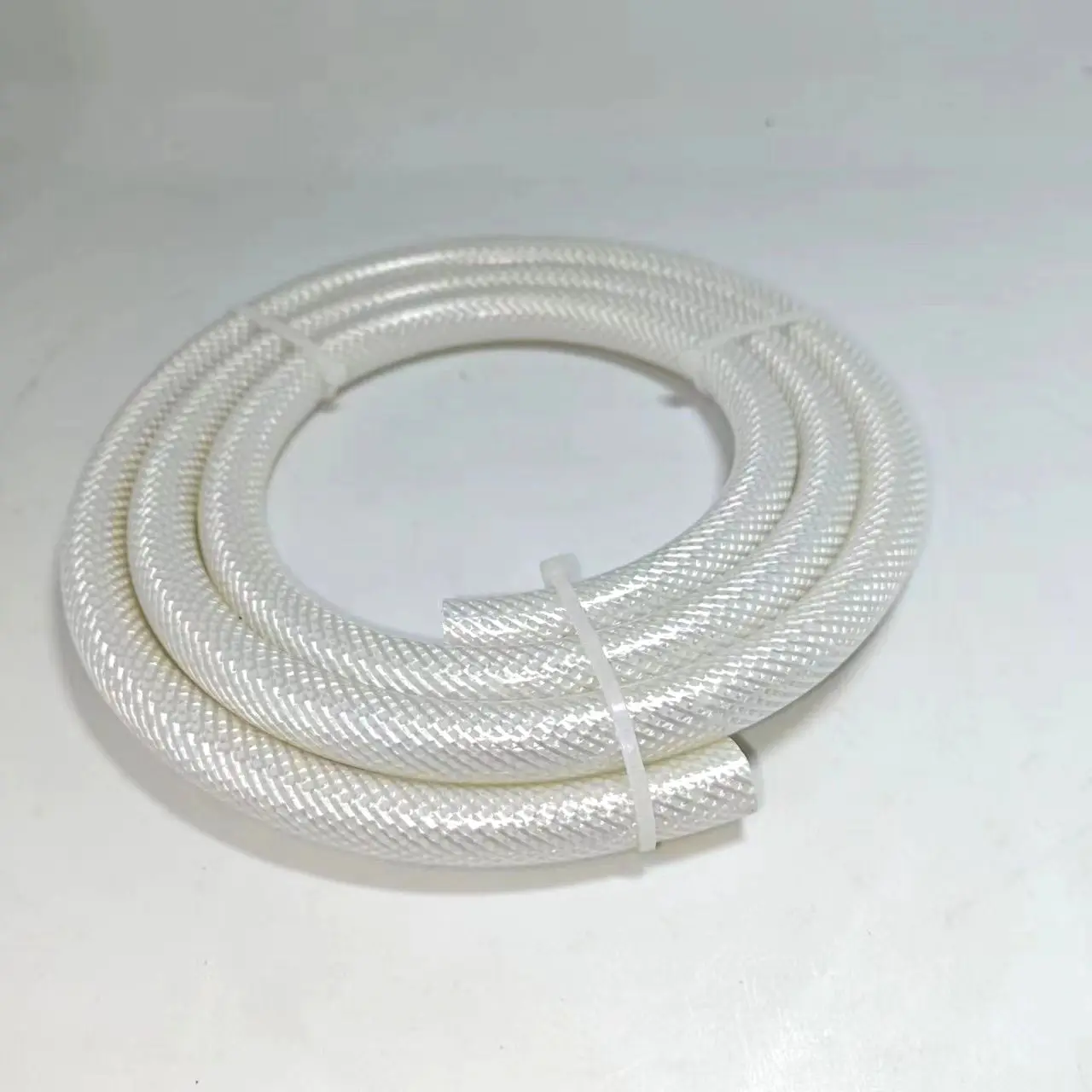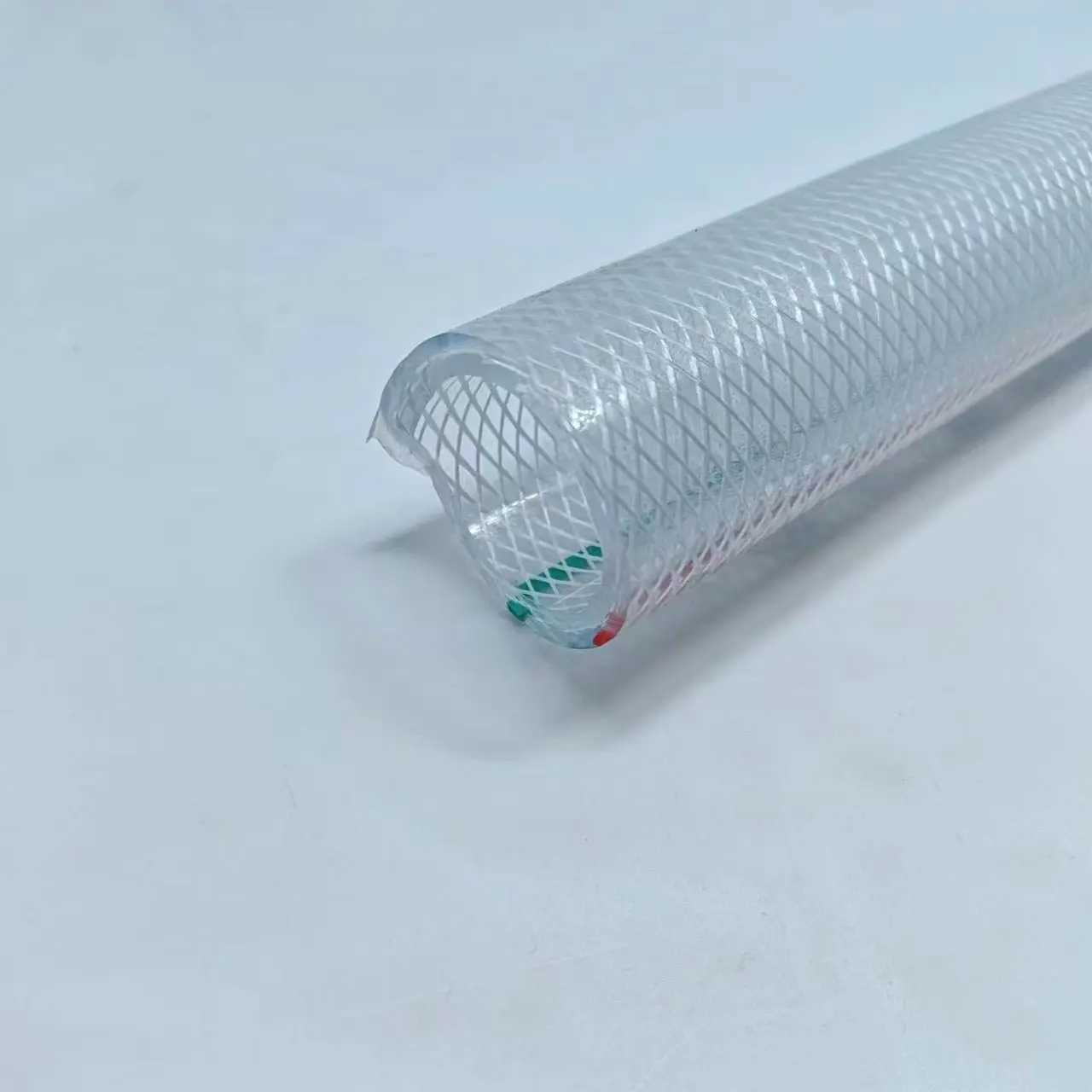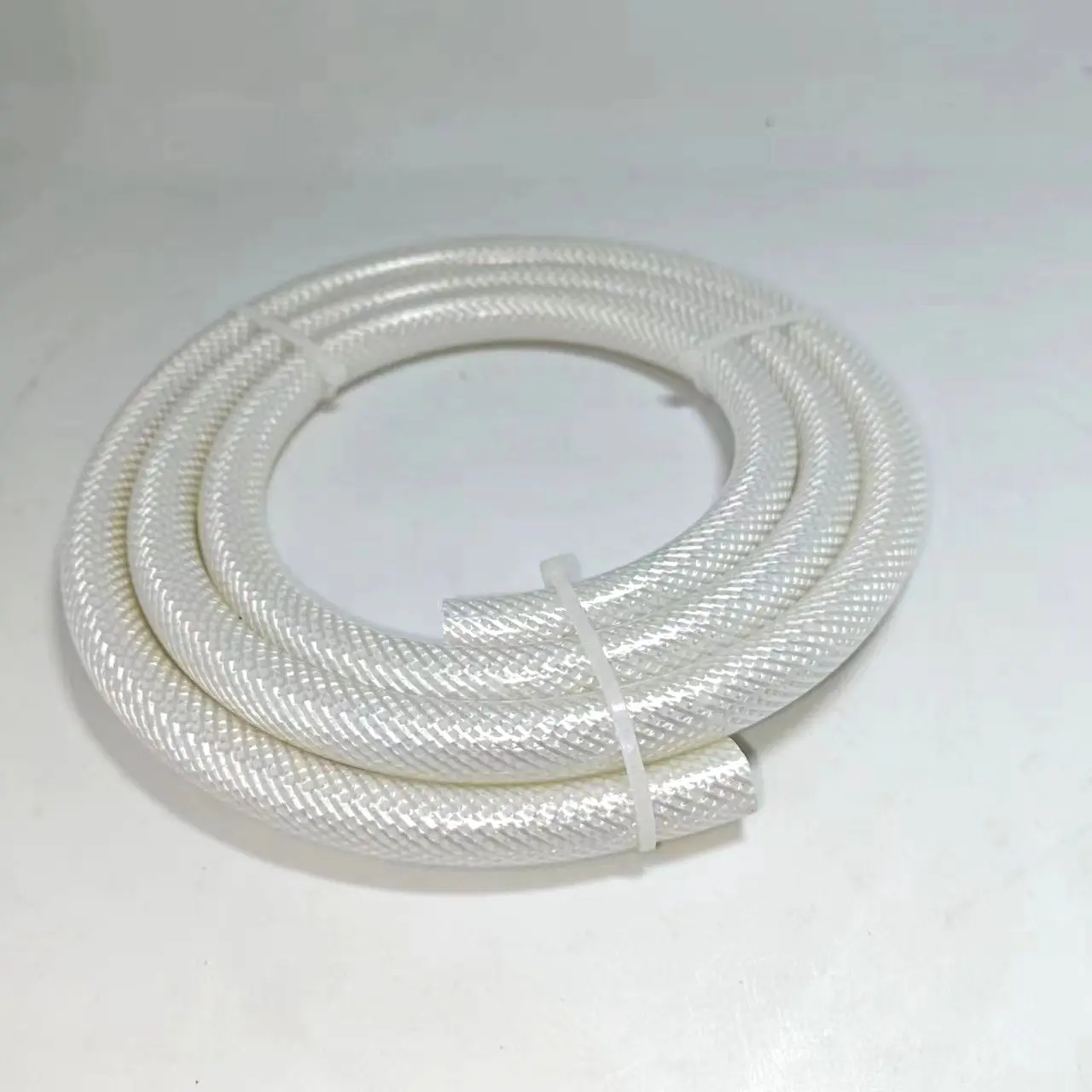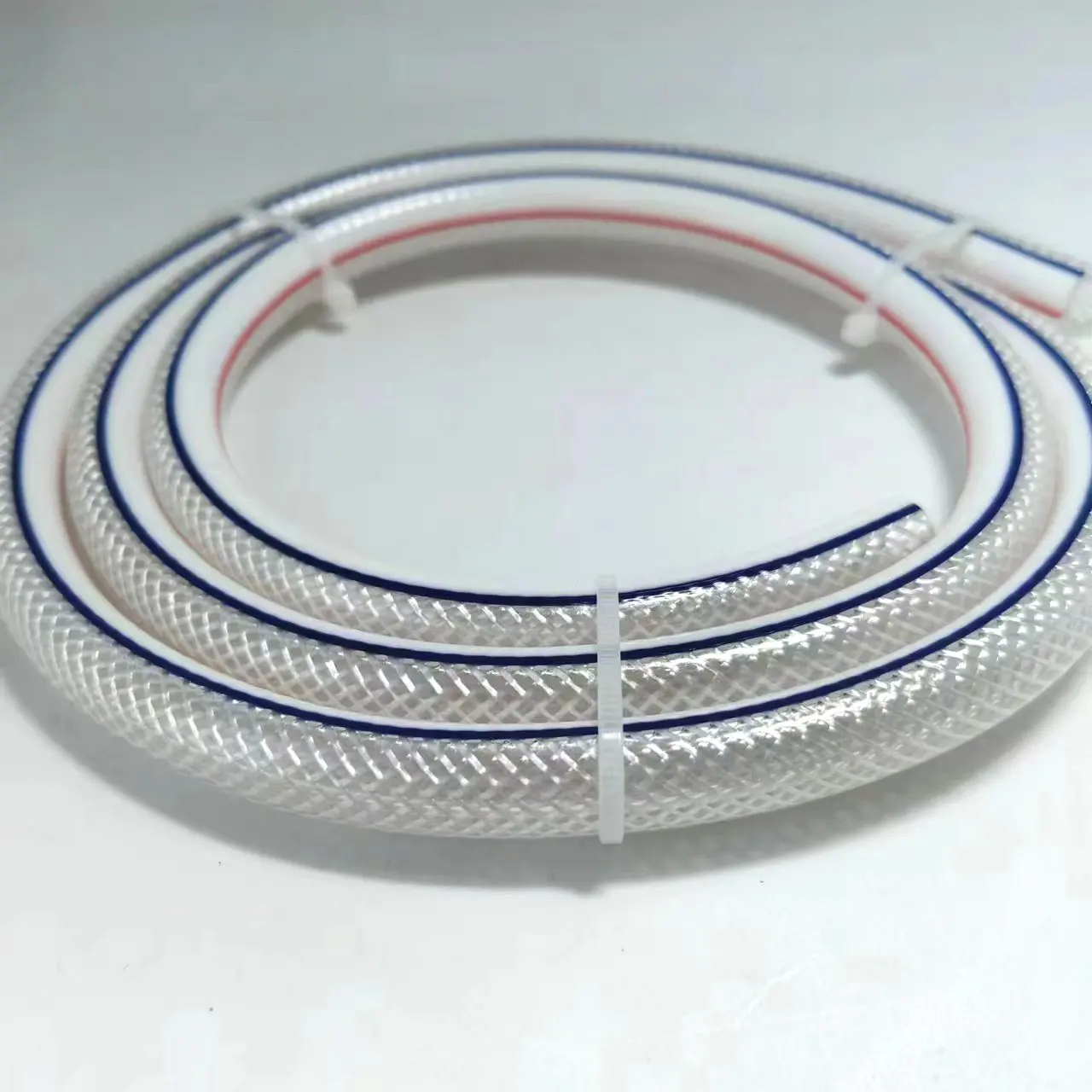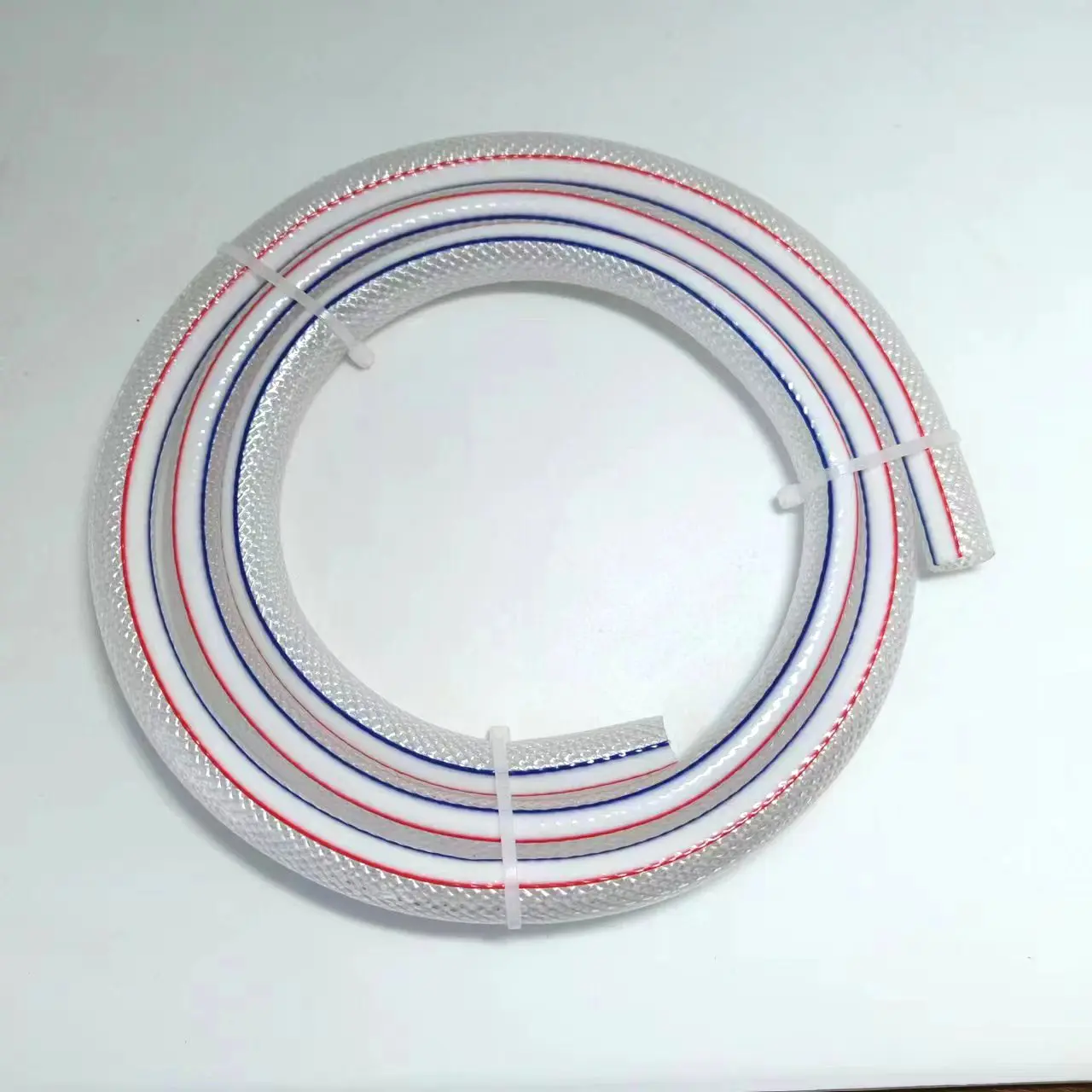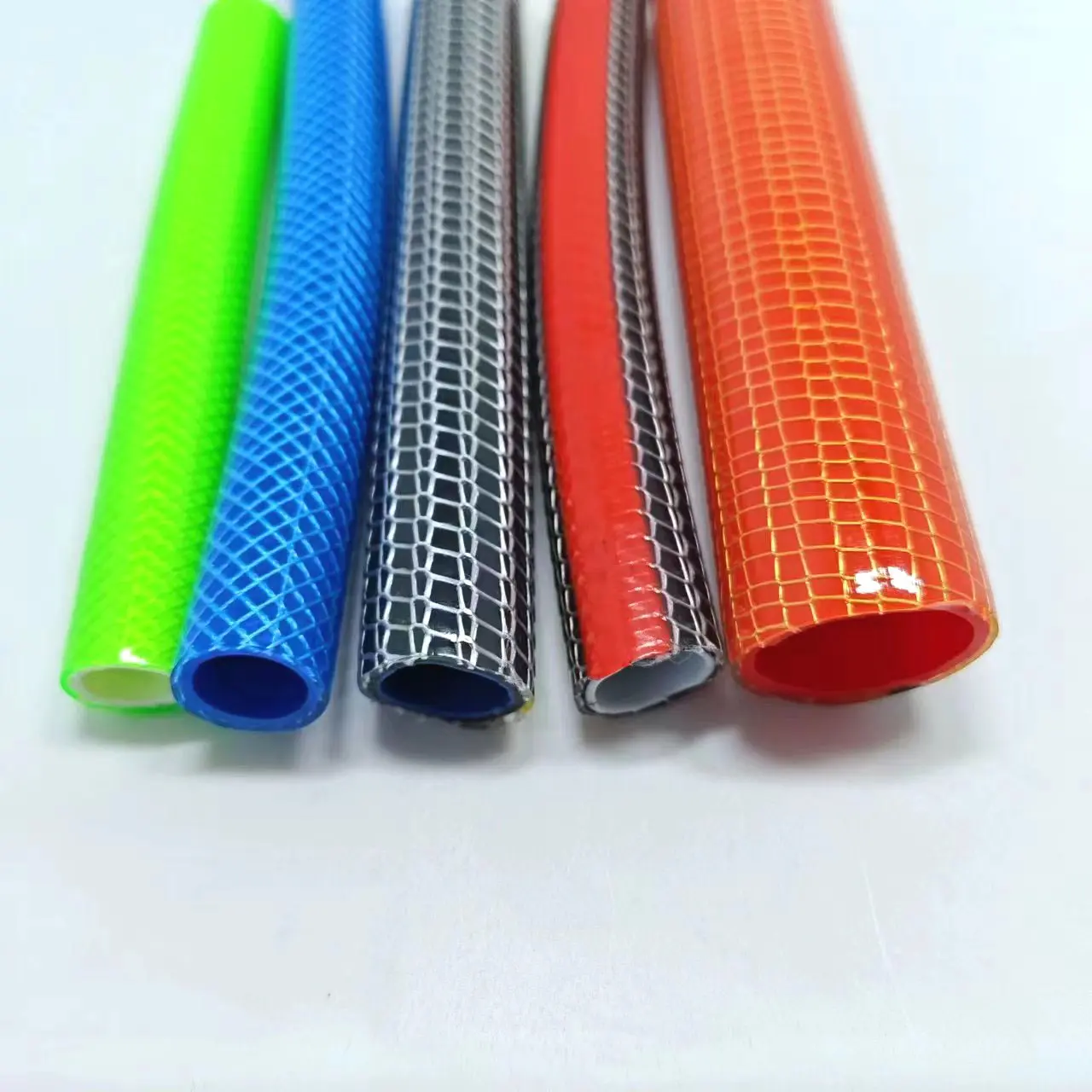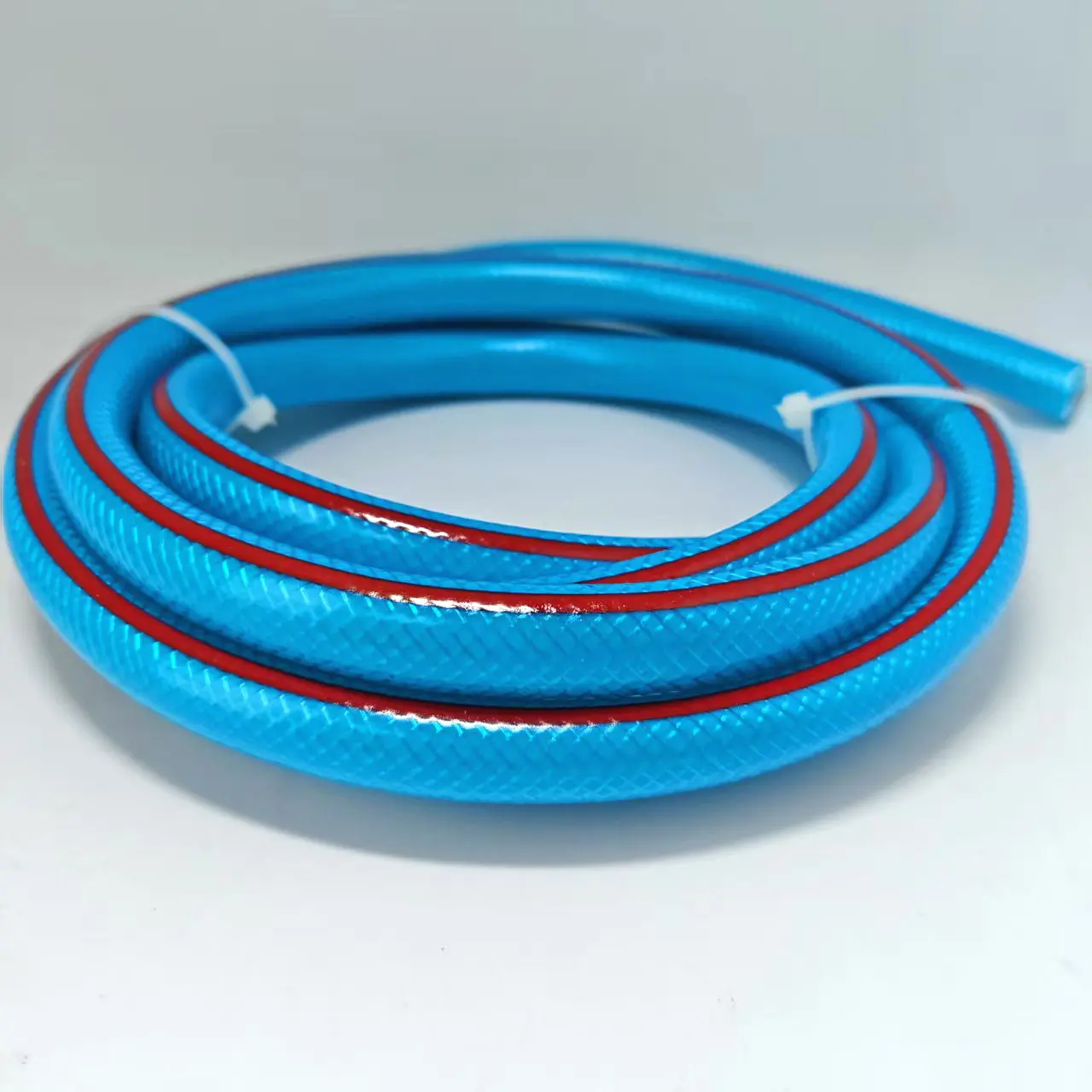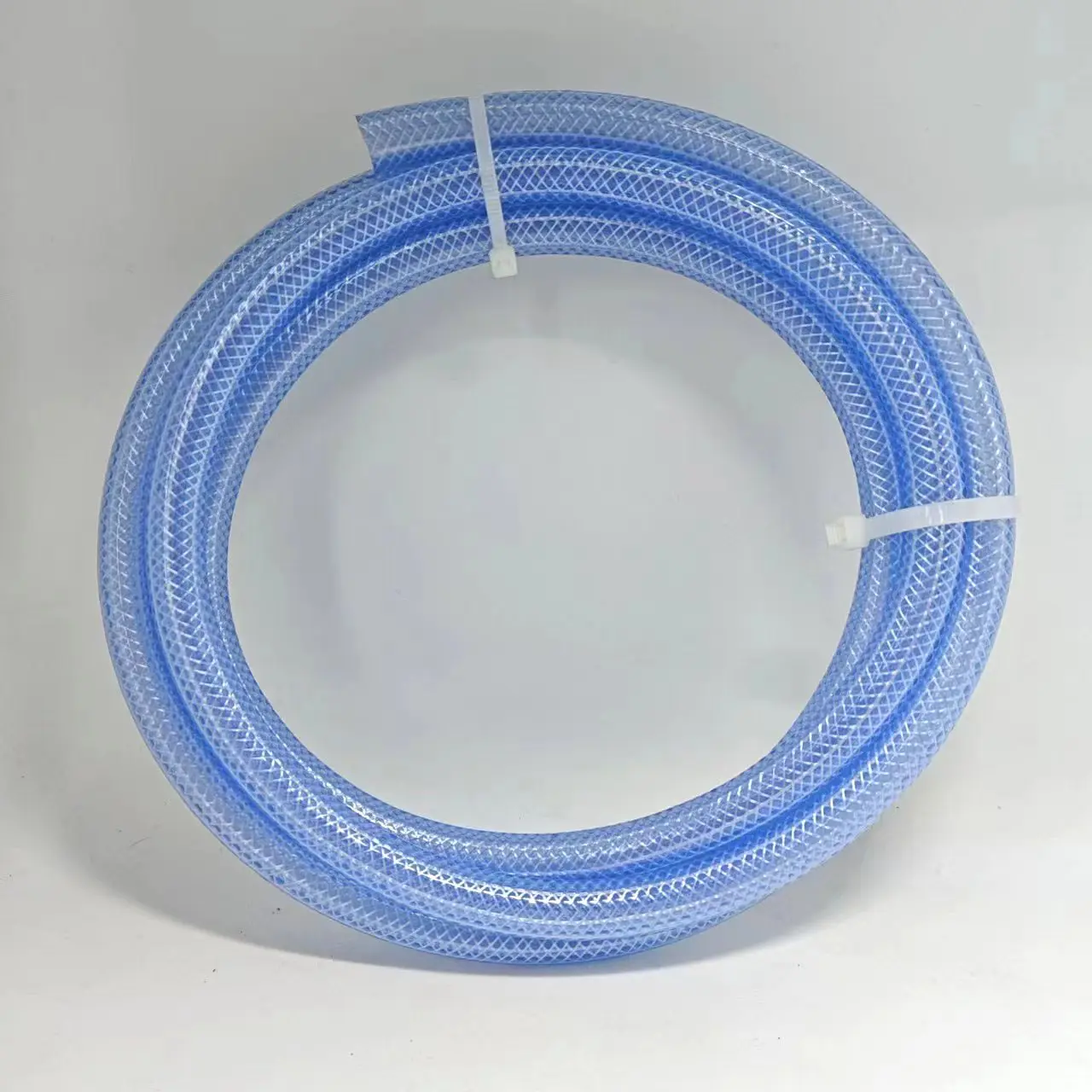Basic Introduction to PVC Fiber Reinforced Hose
PVC Fiber Reinforced Hose is a flexible pipe made of polyvinyl chloride (PVC) material and reinforced with high-strength fibers. This type of hose is widely used in various industries due to its lightweight, flexibility, and abrasion resistance. In Hungary, its applications are primarily concentrated in agricultural irrigation, construction drainage, and industrial liquid transportation.
Hungary has a relatively well-developed agricultural and industrial infrastructure, leading to significant demand for PVC Fiber Reinforced Hose. Compared to traditional rubber hoses or metal pipes, PVC hoses are easier to transport and install and are more cost-effective, making them particularly common in small and medium-sized farms and construction sites. Additionally, Hungary experiences low winter temperatures, and PVC hoses retain a degree of flexibility in cold environments, giving them an advantage in seasonal use.
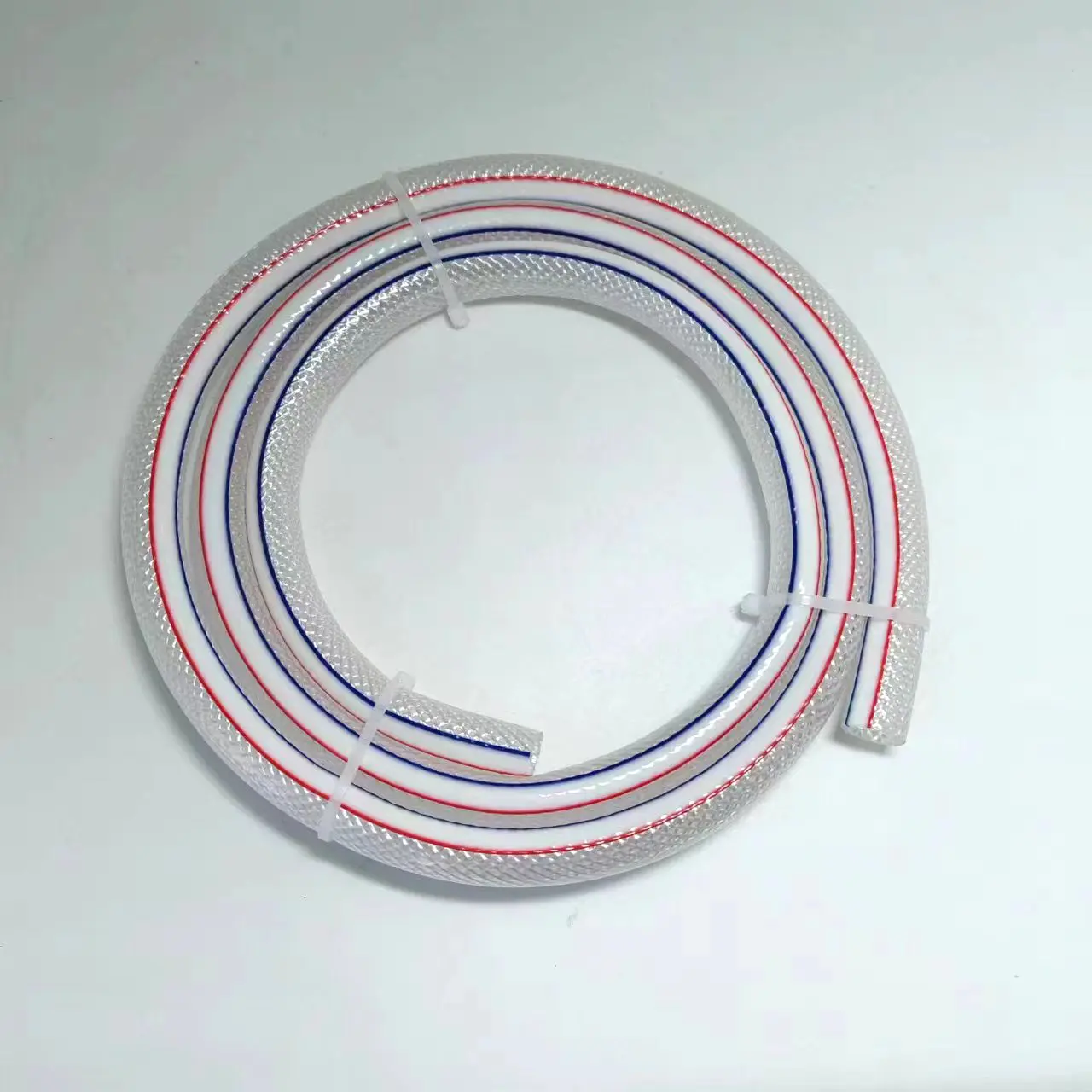
Demand for PVC Fiber Reinforced Hose in the Hungarian Market
Hungary’s economy is primarily driven by manufacturing and agriculture, so the demand for PVC hoses is mainly concentrated in the following industries:
Agricultural Irrigation: Hungary is an important agricultural producer in Europe, especially for grains, vegetables, and fruits. Many farms use drip or sprinkler irrigation systems, where PVC hoses are widely employed due to their lightweight and weather resistance.
Construction Industry: Hungary’s construction sector has seen steady growth in recent years, particularly in infrastructure projects in Budapest and other major cities. PVC hoses are commonly used for temporary drainage and concrete pouring.
Industrial Applications: Some light industries, such as food processing and wastewater treatment, also use PVC hoses for liquid transportation.
Since Hungary’s domestic production capacity for PVC hoses is limited, most products are imported, primarily from Germany, Italy, and China. Local distributors often adjust their inventory based on customer demand to accommodate seasonal variations across different industries.
Specific Applications of PVC Fiber Reinforced Hose in Hungarian Agriculture
Agricultural land accounts for more than half of Hungary’s territory, creating significant demand for irrigation systems. The primary applications of PVC Fiber Reinforced Hose in this sector include:
Sprinkler Systems: Many large farms use mechanized sprinkler irrigation, where PVC hoses are the preferred choice due to their pressure resistance and flexibility.
Greenhouse Cultivation: In greenhouses, hoses are used for precise irrigation to ensure even water distribution.
Livestock Watering: PVC hoses are also commonly used for water transportation on farms, as they are less affected by UV rays and suitable for long-term outdoor use.
Given Hungary’s uneven rainfall distribution and frequent summer droughts, the reliability of irrigation equipment is crucial. PVC hoses demonstrate good anti-aging performance over long-term use, making them a popular choice among farmers.
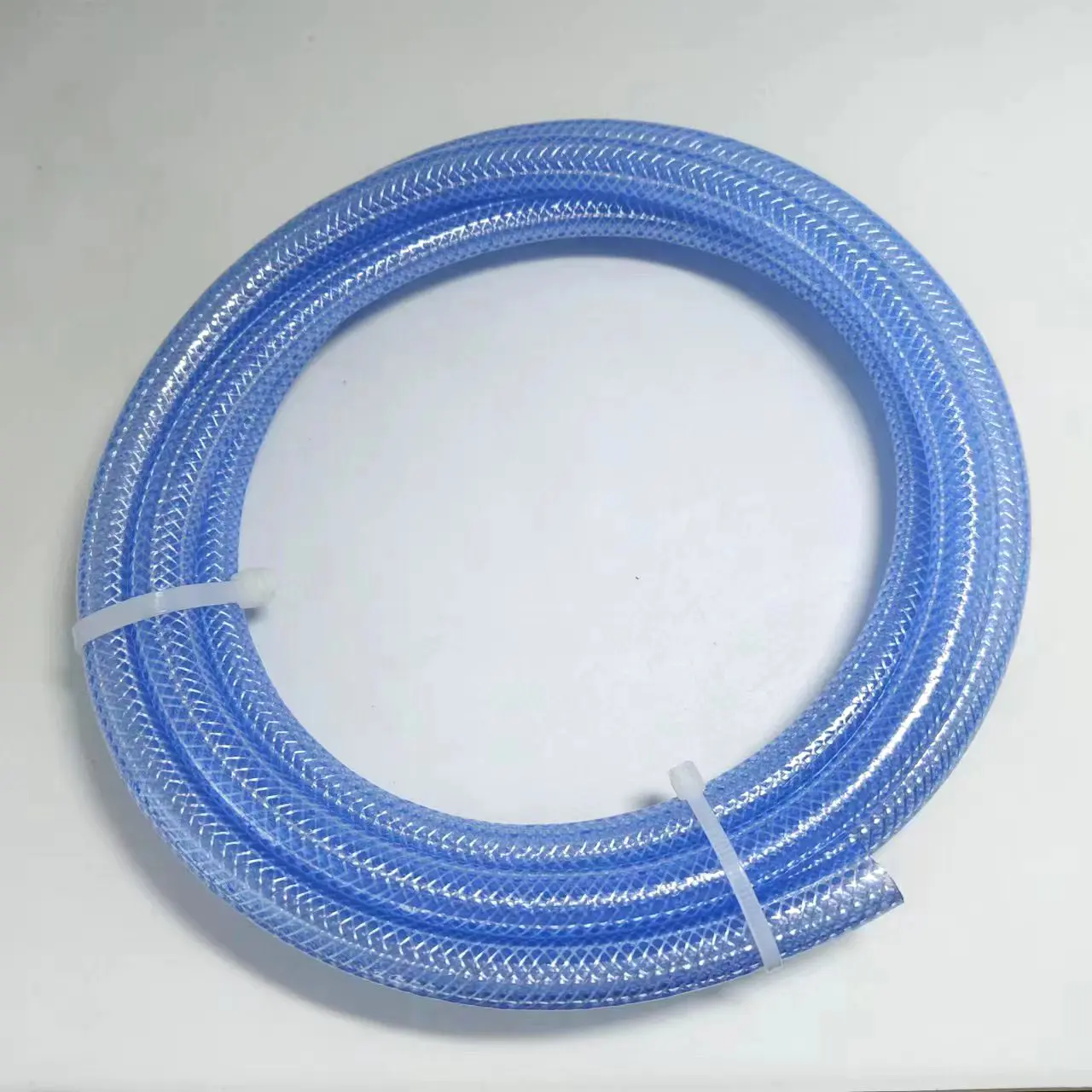
PVC Fiber Reinforced Hose in Hungary’s Construction Industry
Hungary’s construction industry has grown rapidly in recent years, particularly in residential and public infrastructure projects. The main uses of PVC hoses in construction sites include:
Temporary Drainage: During construction, rainwater or groundwater discharge requires temporary piping, and PVC hoses are widely used due to their ease of installation and removal.
Concrete Pouring: Some construction teams use hoses to assist with concrete pouring, especially in narrow or complex structures.
Dust Control: In demolition or excavation projects, hoses can be used for water spraying to suppress dust.
Urban renewal projects in cities like Budapest have also increased demand for PVC hoses, as many old building renovations require temporary piping solutions.
Use of PVC Fiber Reinforced Hose in Hungarian Industry
Hungary’s industrial sector is dominated by automotive manufacturing, electronics, and food processing, with PVC hoses also finding applications in some light industries:
| Industry | Primary Use | Key Characteristics |
|---|---|---|
| Food Processing | Transporting non-corrosive liquids (e.g., juices, dairy) | Must comply with food safety standards, easy to clean |
| Wastewater Treatment | Temporary drainage or sludge transport | Requires abrasion resistance and pressure tolerance |
| Pharmaceutical Industry | Auxiliary liquid transfer | Must be contamination-free and easy to sterilize |
Since Hungary’s industrial standards are relatively strict, imported PVC hoses must comply with EU environmental and safety regulations, ensuring that products on the market are of high quality.
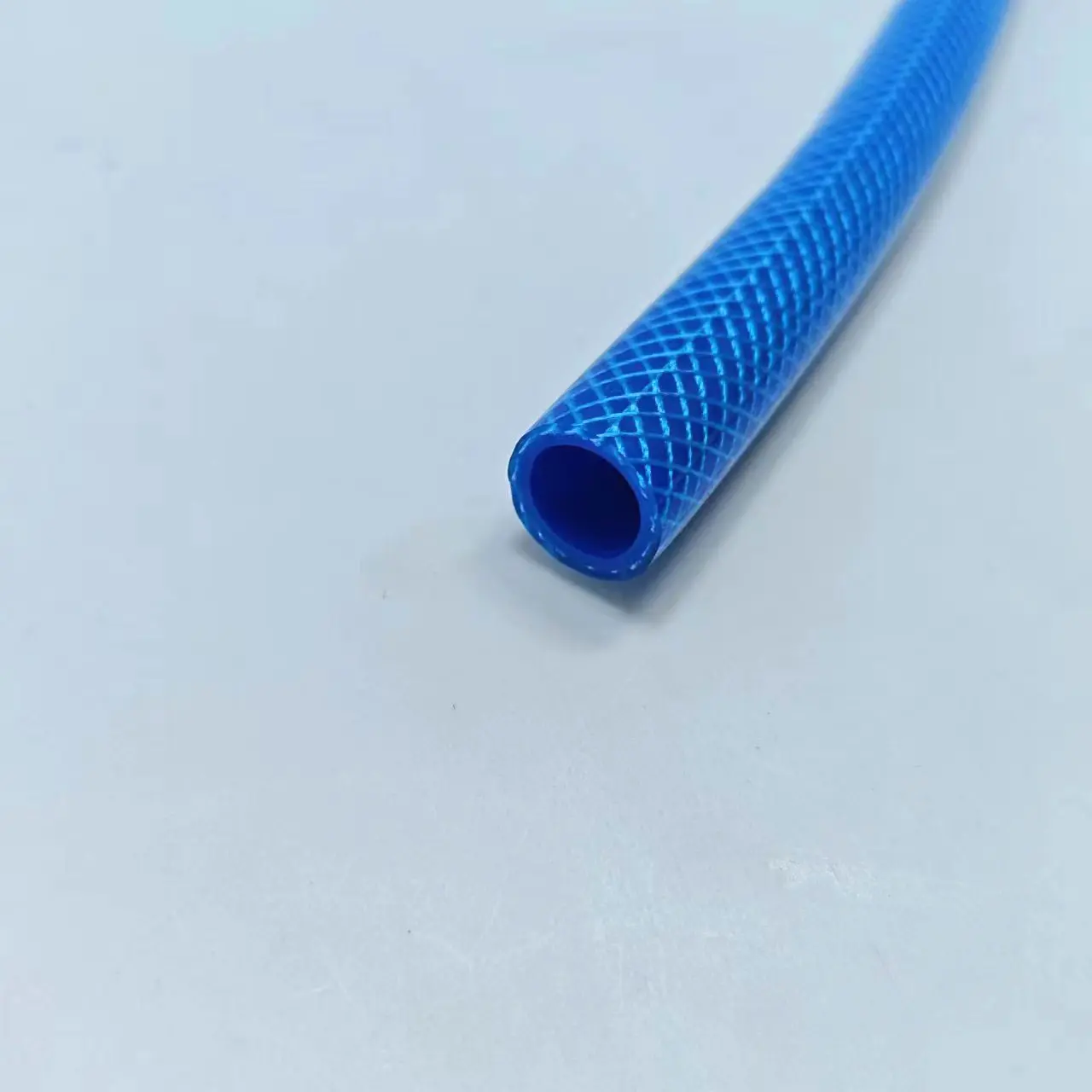
Impact of Hungary’s Climate on PVC Fiber Reinforced Hose
Hungary has a temperate continental climate, with cold winters and hot summers, which imposes certain requirements on the performance of PVC hoses:
Winter Low Temperatures: PVC hoses may become stiff in cold weather, so they should be handled carefully to avoid cracking.
Summer High Temperatures: Prolonged exposure to sunlight may accelerate aging, so UV-resistant hoses are recommended for outdoor use.
Seasonal Use: Many farms and construction sites shut down in winter, so proper storage is crucial to prolong hose lifespan.
Overall, PVC hoses perform well under Hungary’s climatic conditions, but users should adjust their usage and storage methods according to seasonal changes.
Key Challenges and Opportunities in the Hungarian Market
Although demand for PVC Fiber Reinforced Hose remains stable in Hungary, some challenges persist:
Import Dependency: Hungary’s limited domestic production capacity means most hoses are imported, making the supply chain vulnerable to international price fluctuations.
Environmental Regulations: The EU’s increasingly stringent environmental standards for plastic products may affect the import and sale of certain PVC hoses.
Competition from Alternatives: Some high-end applications may opt for rubber or composite hoses, posing a challenge to PVC hose market share.
However, with the continued development of Hungary’s agriculture and construction sectors, demand for PVC hoses is expected to remain steady. If domestic production capacity increases in the future, it could reduce reliance on imports and optimize supply chain costs.
